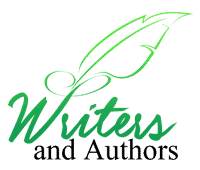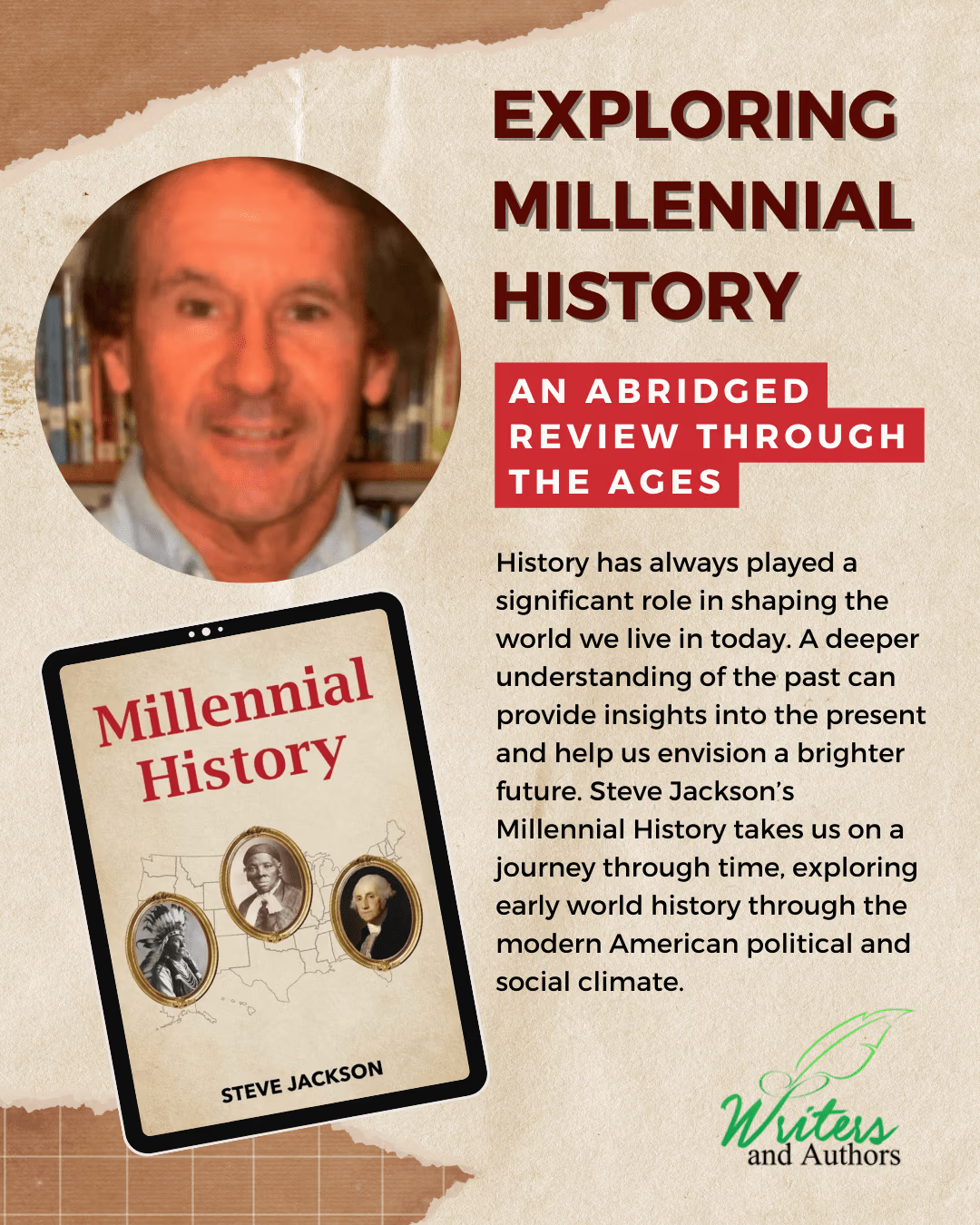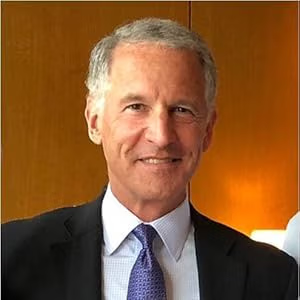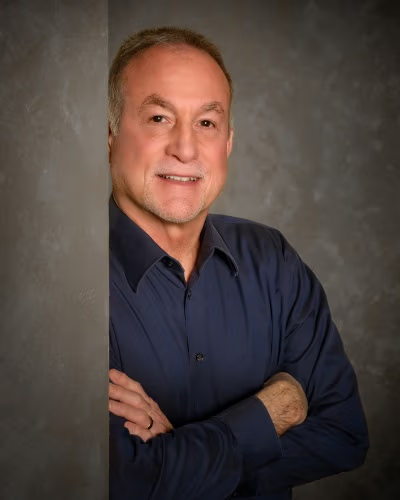History has always played a significant role in shaping the world we live in today. A deeper understanding of the past can provide insights into the present and help us envision a brighter future. Steve Jackson’s Millennial History takes us on a journey through time, exploring early world history through the modern American political and social climate. This book might just be for you if you find yourself wanting to learn more about the foundations of the American nation, or if you slept through high school history class! Today, we will be exploring Jackson’s abridged review of history and the lessons we can learn from it.
Why did you write this book?
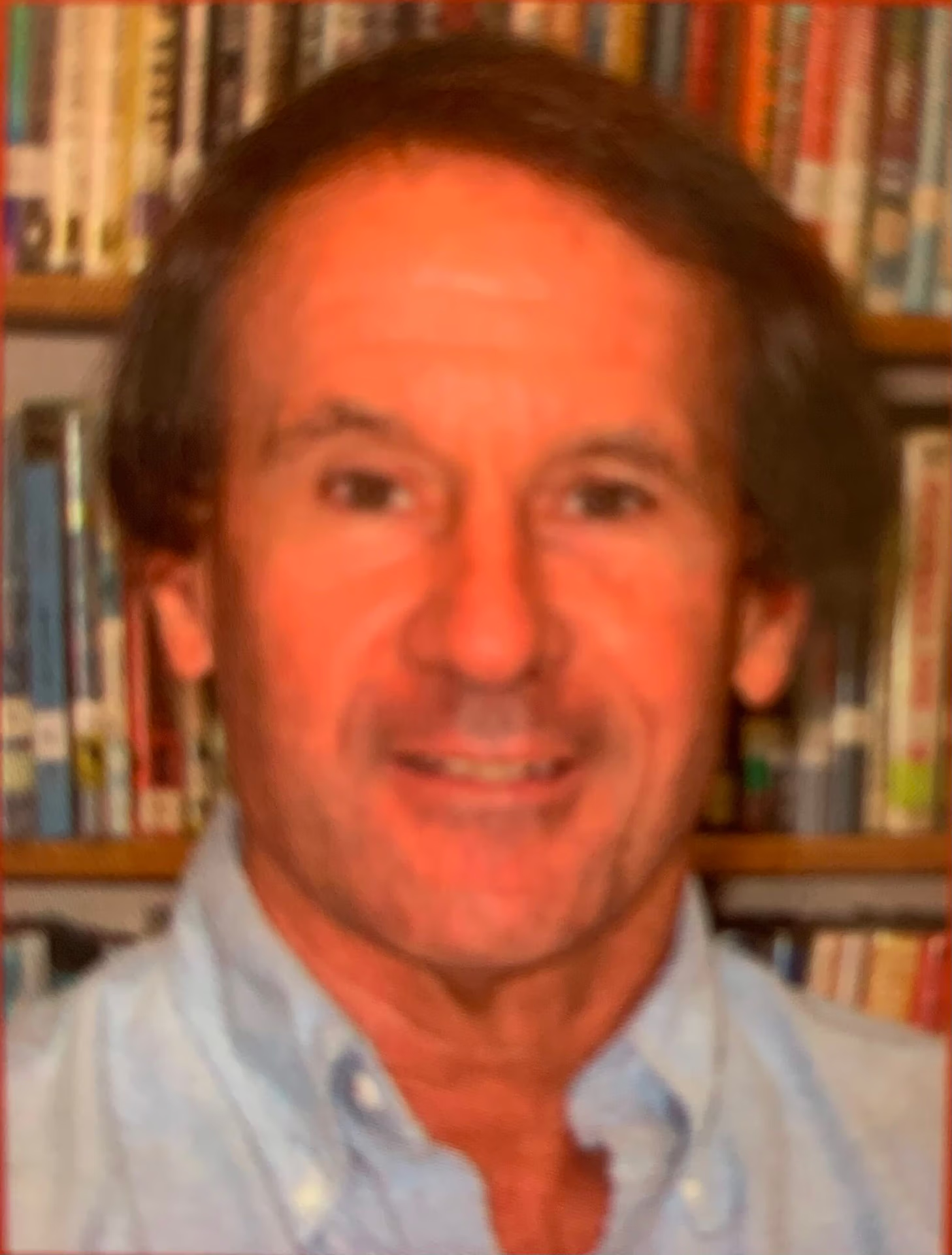 There are two reasons. First, I have discovered that the vast majority of people I encounter, regardless of age or generation, know very little about history. They have an understanding of current events but do not conceive the connections to past history. I taught history on a secondary level as well as government on a secondary level for the better part of 35 years and maintained diary entries for nearly that long. I also vividly remember historical events stretching back decades to my childhood. The second reason for the production of this book is that it will serve as my legacy to my country that I love and defend. I believe that succeeding generations can draw on my depth of knowledge about the subject matter that is largely skipped over now, but is textually important for a true understanding of why things happened.
There are two reasons. First, I have discovered that the vast majority of people I encounter, regardless of age or generation, know very little about history. They have an understanding of current events but do not conceive the connections to past history. I taught history on a secondary level as well as government on a secondary level for the better part of 35 years and maintained diary entries for nearly that long. I also vividly remember historical events stretching back decades to my childhood. The second reason for the production of this book is that it will serve as my legacy to my country that I love and defend. I believe that succeeding generations can draw on my depth of knowledge about the subject matter that is largely skipped over now, but is textually important for a true understanding of why things happened.
For history buffs, or people who want a review in history, this is the book for you. It is very user friendly, with small chapters, which makes it easy to pick up and put down for a quick read. The author captures history like he is telling a story, rather than a lecture. I think it is a great book for students, teachers, and for those wanting to refresh their knowledge of history. Excellent coffee table book or gift. I highly recommend it. – Elaine K.
Is there anything you find particularly challenging in your writing?
I have a plethora of material to draw from so this, as well as organization, has never been an issue. My biggest challenge is a typing disability. I wrote my books by hand into spiral notebooks then had to find people to type them before submission to an editor. I fired two typists who were doing my first book, and my second book typist had issues as well. This has been the most frustrating/challenging piece of the creative process.
How many books have you written and which is your favorite?
My first book was born out of duress at my job site. A vindictive school board attempted to terminate my employment as a public school teacher based largely on lies, rumor and innuendo. Rather than physical retribution, I decided to caricature my accusers and my book became a parody on the one hand and a warning to young teachers, on the other hand, of what might befall them in a classroom. My second book, Millennial History, was a labor of love and a good intellectual challenge. Running just under 500 pages, it took exactly two years to the day to arrive in the marketplace.
Which character would you select from your book to star in a Hollywood movie and which actor would play the lead?
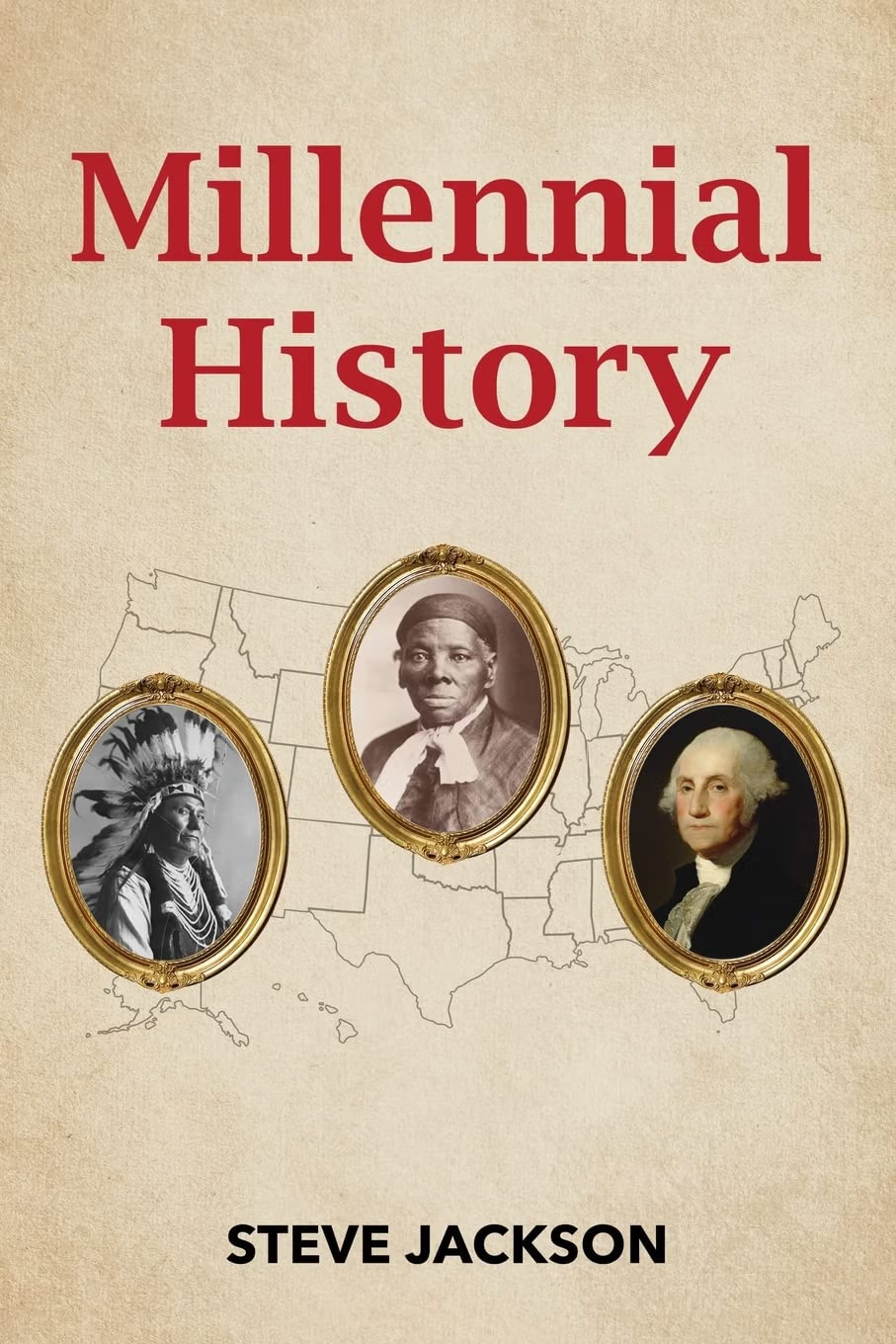 Teddy Roosevelt is my favorite President for a myriad of reasons. He overcame crippling childhood asthma and blindness in one eye from a short career in boxing, to go on and become a rancher, police commissioner in NY, the leader of the Rough Riders in the Spanish War, and ultimately one of the top five rated Presidents in U.S. history. He also had an intellectual side and was second to Thomas Jefferson in terms of the amount of books read. The bottom line is that he got a lot accomplished and worked across the aisle with Congress. So who would I choose to play a bombastic man that combined mental and physical prowess, and who was not afraid to take on all comers? Russell Crowe, who has a remarkable resemblance to Roosevelt in terms of both appearance and personality. Look at his body of work—Gladiator, Master and Commander, Cinderella Man, and A Beautiful Mind. The movie would be entitled Bull Moose and I am sure Roosevelt would have approved the hiring of Crowe to play him by using his famous word of approval… “Bully!”
Teddy Roosevelt is my favorite President for a myriad of reasons. He overcame crippling childhood asthma and blindness in one eye from a short career in boxing, to go on and become a rancher, police commissioner in NY, the leader of the Rough Riders in the Spanish War, and ultimately one of the top five rated Presidents in U.S. history. He also had an intellectual side and was second to Thomas Jefferson in terms of the amount of books read. The bottom line is that he got a lot accomplished and worked across the aisle with Congress. So who would I choose to play a bombastic man that combined mental and physical prowess, and who was not afraid to take on all comers? Russell Crowe, who has a remarkable resemblance to Roosevelt in terms of both appearance and personality. Look at his body of work—Gladiator, Master and Commander, Cinderella Man, and A Beautiful Mind. The movie would be entitled Bull Moose and I am sure Roosevelt would have approved the hiring of Crowe to play him by using his famous word of approval… “Bully!”
When did you begin writing?
I had to check my diary to answer this question. In terms of book writing, 2006 was my first year. I had been suspended from school for almost three years—wrongly as it turned out—so in this year I began an outline of my first book that warned about the potential perils of the educational world.
How long did it take to complete your first book?
I utilized my court documents, my diaries and my classroom experiences to crank out my first book (Think Twice… About Teaching) in just under three months.
Did you have an author that inspired you to become a writer?
I liked several authors but must admit that seeking revenge against my school district motivated me to become a writer. After traumatic experiences, many people have pursued new careers. Add my name to that list.
What is your favorite part of the writing process?
Being a history teacher involves storytelling. Being able to string together those threads into a larger narrative is most satisfying to me.
Describe your book in 4 words or less.
History A-Z.
Can you share a little about your current work or what is in the future for your writing?
Because I am in the fourth quarter of life and typing is debilitating to me, a third book is unlikely. I will continue adding historical blogs to my website, www.millennialhistory.com.
Purchase Millennial History: https://amzn.to/3EJQuLa
Millennial History Blog: https://millennialhistory.com/blog/
